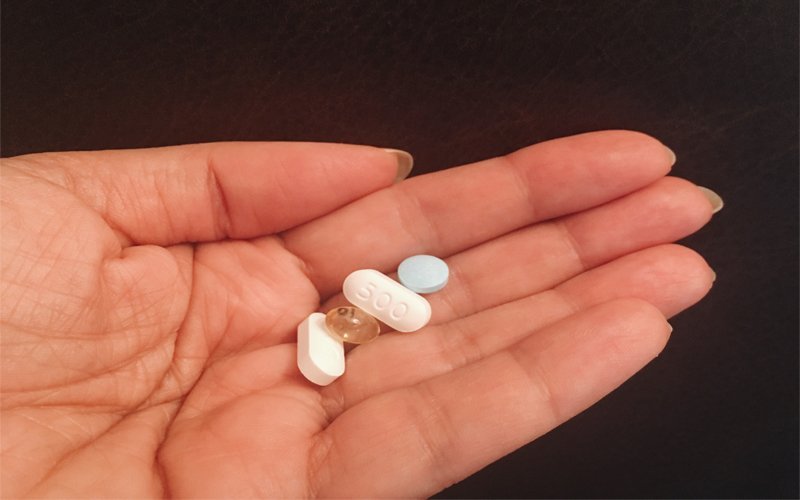Modern medicine has come a long way in the management of things like heart disease, cancer, and diabetes. Mental health is no exception, and a variety of effective treatment options exist today for just about any given condition. Finding a drug that works is only half the battle, though. Patients have to take the drug in order for it to help them, and it’s here that mental health faces an obstacle that’s practically unique to the field.
Pill shaming refers to prejudice against people who take medication, but the term is used almost exclusively in the mental health community. It’s a type of societal stigma, and can be anything from an individual comment to a meme on social media. For people suffering from things like depression and anxiety, pill shaming and other stigmatization can cause them to stop taking their medication. Across the globe, there are more people with depression than there are with asthma[1,2]. An asthmatic patient wouldn’t be criticized for using their inhaler, so why does society look down on mental health meds?
Organic diseases usually have well-defined treatments. With a quick internet search, anyone can understand the underlying cause of a condition and appreciate how a medication might make it better. The psyche is a little bit more complicated and, even today, we don’t fully understand how it works. Maybe that’s why a lot of people tend to see mental illness as more of a personal issue than a biochemical disorder. Feeling depressed? Just go to the gym, go for a hike, spend some time with friends. Feeling anxious? Take deep breaths, listen to music, do some yoga. If someone chooses prescription medication, it’s often looked at as ’giving up’, unnatural, or simply unnecessary.
The social stigma is only half of it: people often have a negative attitude towards their own prescriptions. Because they affect things like mood, emotion, and behavior, many people view mental health medications as ‘changing who they really are’. They view their mental problems
as an intrinsic part of their personality and, in this sense, they too see their illness as nothing more than a personal problem. To them, medication can seem like an artificial and temporary solution.
A lot of the problem comes from viewing mental and physical illnesses as being inherently different from one another, which is just not the case. The fact is that an almost infinite number of parallels can be drawn between the two, especially in terms of their treatment. For instance, while it’s correct to say that exercise might help someone with depression[3], the same can be
said for someone with heart disease. While it’s true that anti-anxiety meds might change someone’s behavior, the same thing can be said about an antacid that lets someone with heartburn continue to enjoy their favorite foods. There’s no doubt that prescription medication has an impact on people’s lives, both mentally and physically. The important thing is that the
medication is often an absolutely essential part of getting better. Again, mental health is no exception, and there should certainly be no shame in taking something that you need to stay healthy.
While it’s true that psychiatric conditions are complex and treatment often requires a multi- directional approach, medication is frequently a vital component of its success. Countless scientific studies have shown us the benefits of psychotropic drugs. Similarly, many studies have documented the harmful effects of not taking your prescribed medication. People choose
to stop taking their medication for a variety of reasons, and for those with mental health issues, stigmatization remains high on the list[4,5,6]. It’s up to all of us to change that.
| ~ David Matuszewski |
Sources:
- https://www.who.int/news-room/fact-sheets/detail/asthma
- https://www.who.int/news-room/fact-sheets/detail/depression
- https://www.cochrane.org/CD004366/DEPRESSN_exercise-for-depression
- https://www.ncbi.nlm.nih.gov/pmc/articles/PMC5344423/
- https://www.ncbi.nlm.nih.gov/pmc/articles/PMC4966500/
- https://www.ncbi.nlm.nih.gov/pmc/articles/PMC3843650/

